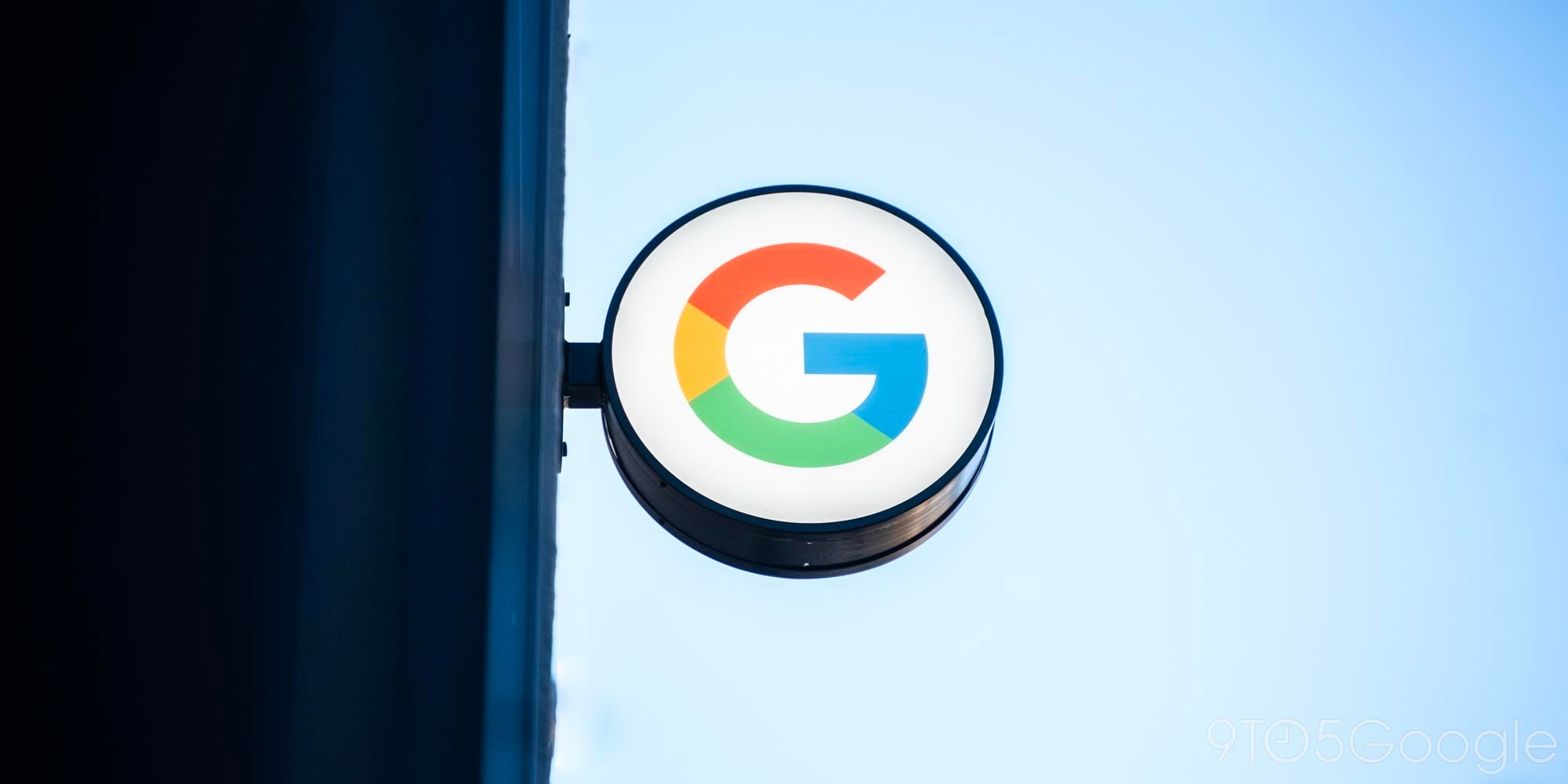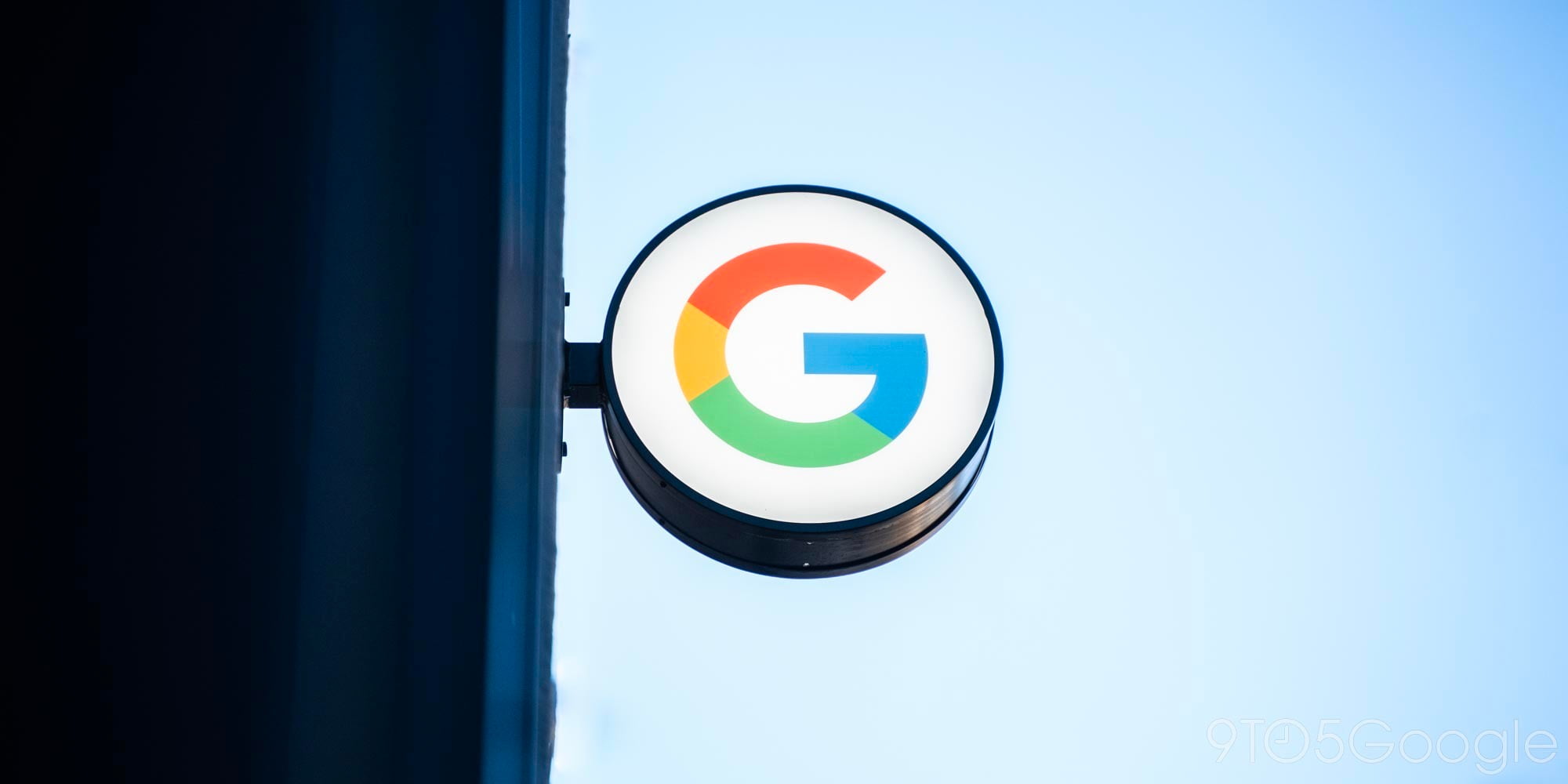
Back in the summer, Google announced a major new restructure and rebranding, with Google itself just one of many companies now owned by Alphabet. The move caught us all by surprise, and seemingly, caught Eric Schmidt by surprise too. Re/code was able to get hold of some recordings where the former Apple man stated he was on vacation when the company announced the move.
I wake up, and I’m the chairman of Alphabet. We sort of announced it without actually knowing which companies it would be. So we’re still working the details.
With Alphabet, each company within the group is given its own letter. Google, for instance, is ‘G’, and ‘L’ stands for Life Sciences. With there only being 26 letters in the alphabet, you might wonder what they’ll do when they’ve used all 26 of them. Schmidt’s answer: “After 26, we’re going to probably transcendental numbers”. Numbers like pi… “You think I’m kidding?”
Alphabet may have to start using them soon if Schmidt’s other comments are to be taken seriously. We’re to expect “a lot” of new companies: ““I’ve been meeting with the current CEOs of the Alphabet companies and the proposed ones. So you’ll see a lot coming.” He didn’t say what those new companies would be, but he apparently praised the innovation within the self-driving car move.
Schmidt was talking at the Virtuous Circle conference in Menlo Park, California when he made the comments. He spoke on many matters, including policy issues like encryption, the ‘Right to be Forgotten‘ policies in Europe and bandwidth regulation among others. Like many, he’s worried about the tech scene in Europe, especially the Safe Harbor ruling which sees each country have its own digital borders, and their own set of regulations.
Alphabet is still in its early days, and like many of us, it seems Schmidt is excited to see what lies in the future.






